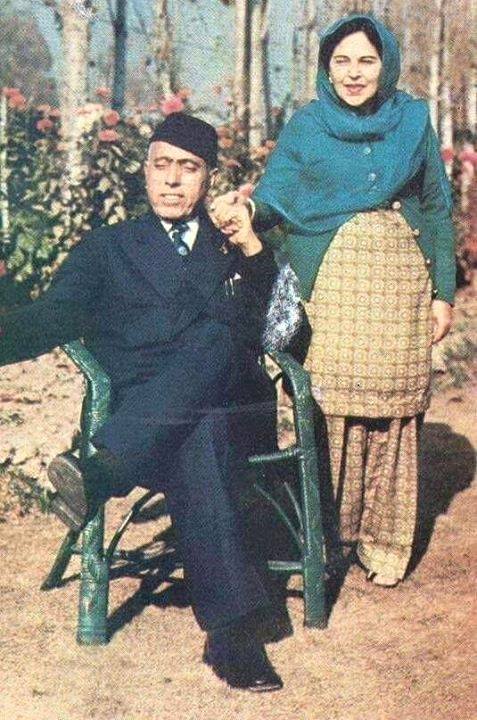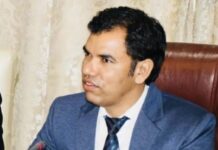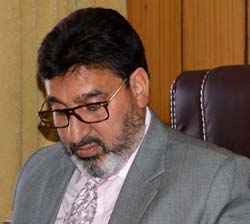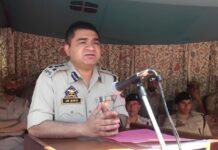KL NEWS NETWORK
SRINAGAR

At a time when National Conference’s rank and file are observing the 110 birth anniversary of the party founder and erstwhile prime minister of J&K, Sheikh Mohammad Abdullah, an essay written by him half a century ago conveys a sense how the “tallest leader” was advocating various proposals that “could be taken in to consideration to solve Kashmir dispute”.
Abdullah, who became Chief Minister of J&K post 1975 accord, wrote an essay in reputed Foreign Affairs magazine in 1965 soon after stepping out of jail.
The leader, who died on September 8, 1982 at 76, had advocated “various proposals” that “could be taken into considerations to solve Kashmir problem which would by and large meet the just and legitimate aspirations of the people of the State.”
Abdullah highlights the “role of a mediator” in arriving at a solution, saying the important thing, however, is to get the parties concerned -i.e. India, Pakistan, and Jammu and Kashmir-together around a table, “preferably with the help of a mediator.”
The NC founder writes about various suggestions that he thinks could be considered in this round table meeting—among them, he writes about various proposals that were put forward by NC Working Committee in 1953 when he was steward of Jammu and Kashmir.
Among the suggestions, he writes, “over-all plebiscite with conditions as detailed in the minutes of the meeting dated 4th June, 1963 [this apparently was a reference to Maulana Masoodi’s suggestion that the choice of independence be offered in the plebiscite].”
Besides suggesting “Independence of the whole State”, Abdullah writes, “Independence of the whole State with joint control of foreign affairs. Dixon plan with independence for the plebiscite area.”
Abdullah also extends the opinion of GM Sadiq, the then Prime Minster of State, saying that Sadiq had suggested the “intervention of Afghanistan, Soviet Russia and China or committee representing all members of security counsel in conducting and supervising plebiscite in Kashmir”.
“I propose the viewpoints of Mr. Rajagopalachari, Mr. Jayaprakash Narayan and Mr. Shiva Rao who had advocated the resolution of Kashmir dispute through negotiated settlement,” he writes. “This might take the shape of independence for Kashmir, with its defence guaranteed by the United Nations; or of its being made a trusteeship of the United Nations for a period of ten years, at the end of which the question of its accession to India or Pakistan or its remaining independent could be decided by a plebiscite held under United Nations auspices; or of a confederation of India and Pakistan with Kashmir one of its constituent units.”
















S M Abdullah was a great leader